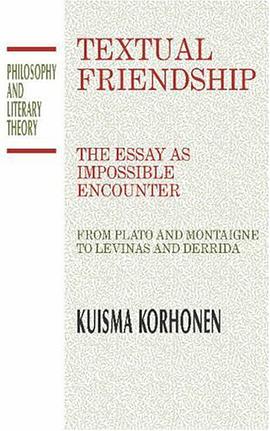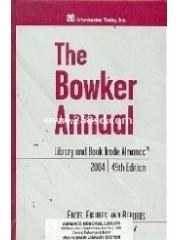

具体描述
This in-depth study of the essay as a form of literary and philosophical expression examines the links between essay writing and the concept of friendship over a long textual tradition running from Plato's "Phaedrus" through Montaigne's "Essais" to Derrida's "Politiques de l'amitie". Literary critic and philosopher Kuisma Korhonen suggests that the search for "textual friendship" motivates essayists as diverse as Bacon, Saint-Evremond, Mme de Lambert, Emerson, and Derrida. All of these writers have written at least one essay about friendship, and in each case, Korhonen interprets the notion of friendship as a figure for the textual encounter, both between the writer and reader and between each text and its many referenced predecessors. Korhonen points out that despite the boundary of text separating writer and reader, the essay invites friendship. Through its references to other writers it links readers and writers across boundaries of time and space.Korhonen discusses at length these "impossible encounters", drawing on the ethical thought of Emmanuel Levinas, especially his emphasis on the ethical implications of "the Other". Korhonen goes on to construct "an ethical genealogy of the essay", focusing mainly on Montaigne. He notes three textual strategies in Montaigne's essay: the use of rhetoric in producing a "friendly ethos", the philosophical dialogue going back to Plato as a subtext for the essay form, and a Pyrrhonian scepticism that questions the status of propositional language. Finally, Korhonen examines specific texts on friendship, including Plato, Cicero, Seneca, Augustine, Montaigne, Bacon, Emerson, Saint-Evremont, Mme de Lambert, and Derrida. This is a work of great erudition that makes a significant contribution to our understanding of the expressive possibilities and philosophical implications of the essay.
作者简介
目录信息
读后感
评分
评分
评分
评分
用户评价
相关图书
本站所有内容均为互联网搜索引擎提供的公开搜索信息,本站不存储任何数据与内容,任何内容与数据均与本站无关,如有需要请联系相关搜索引擎包括但不限于百度,google,bing,sogou 等
© 2026 book.wenda123.org All Rights Reserved. 图书目录大全 版权所有




















